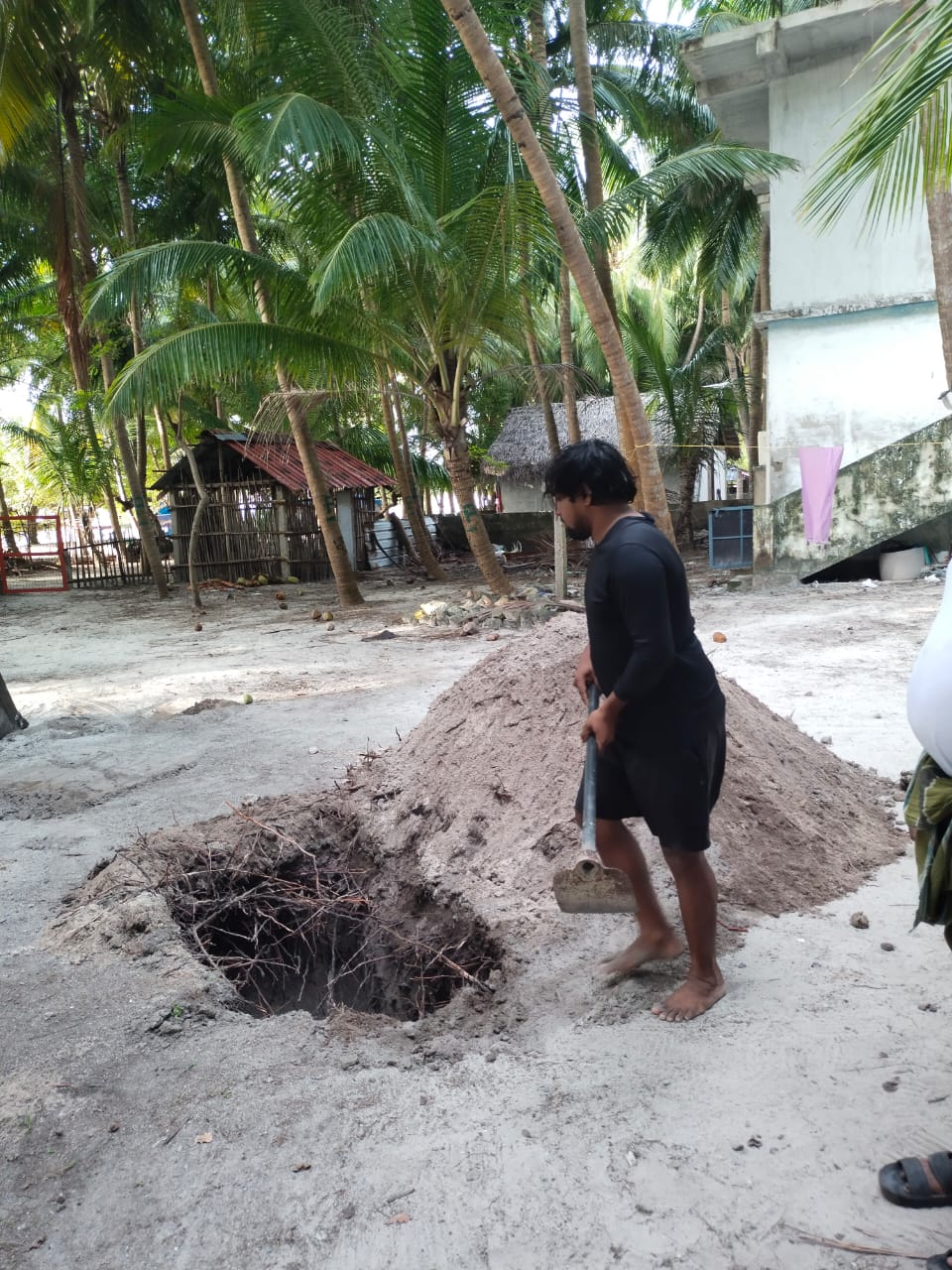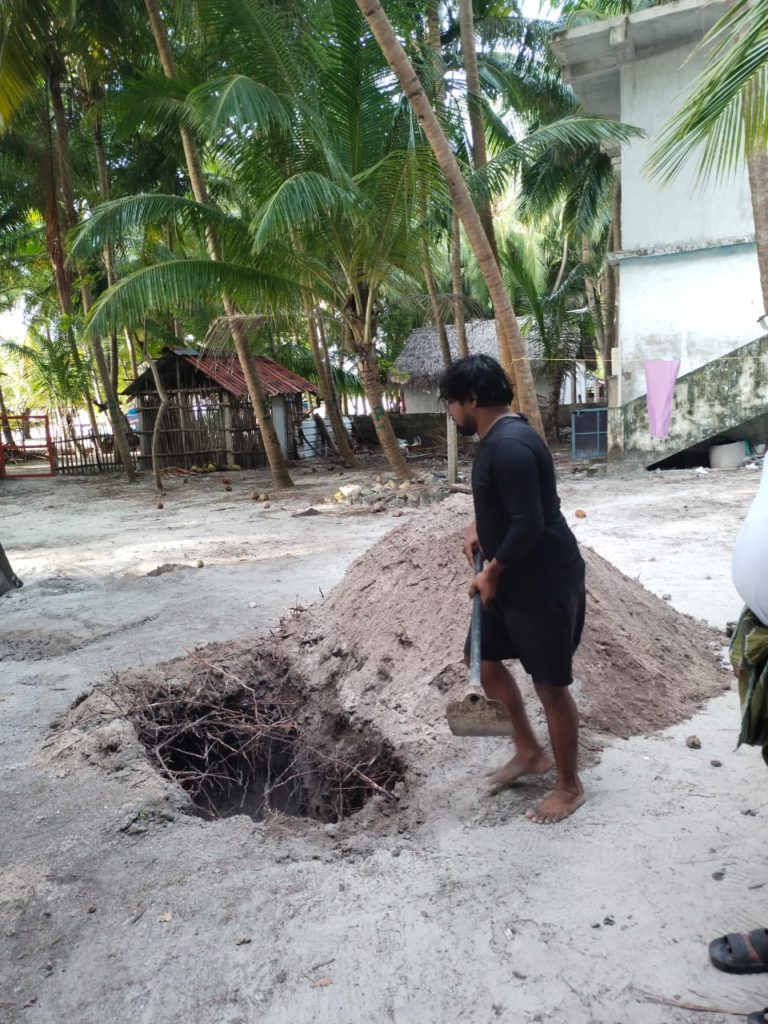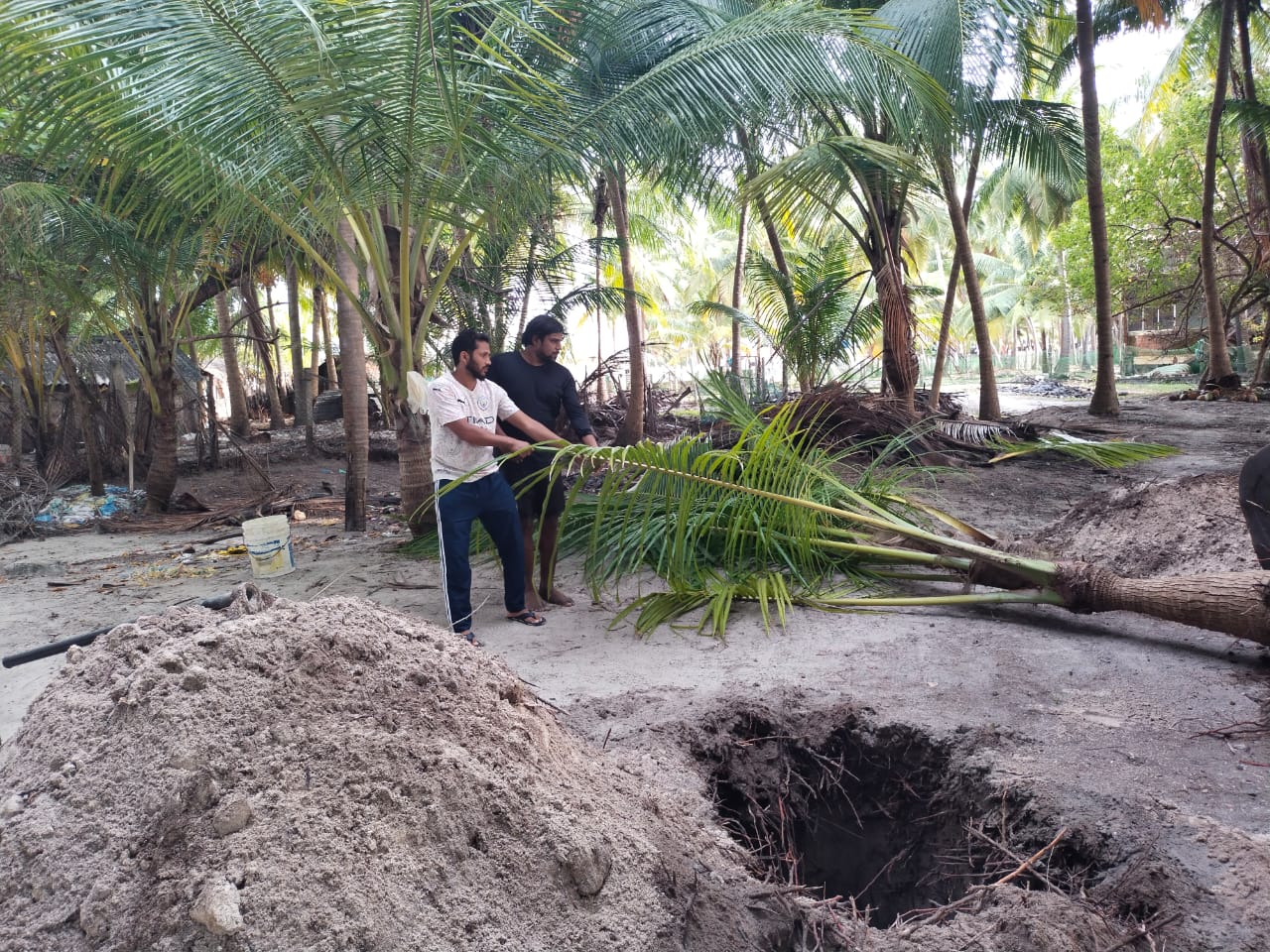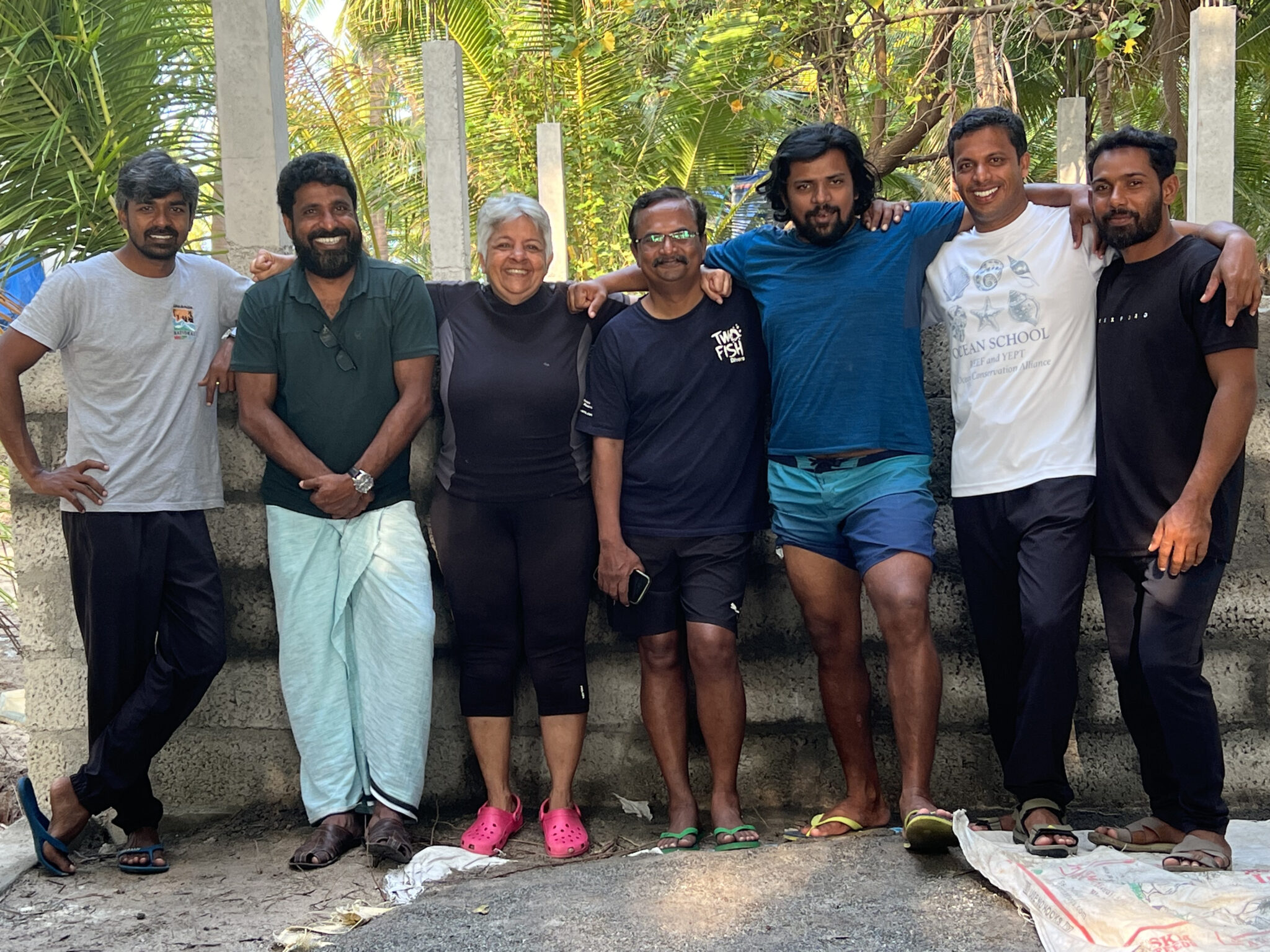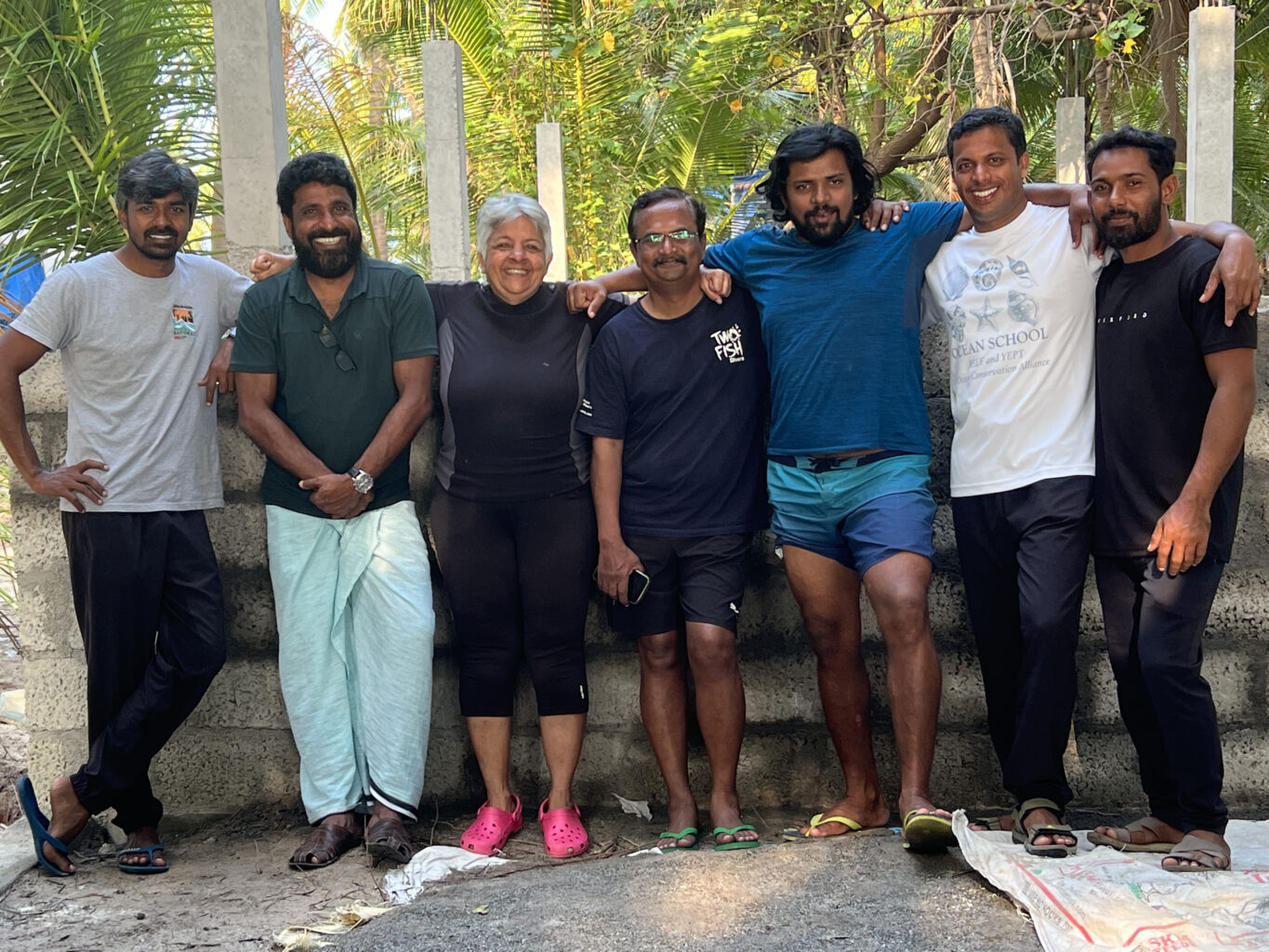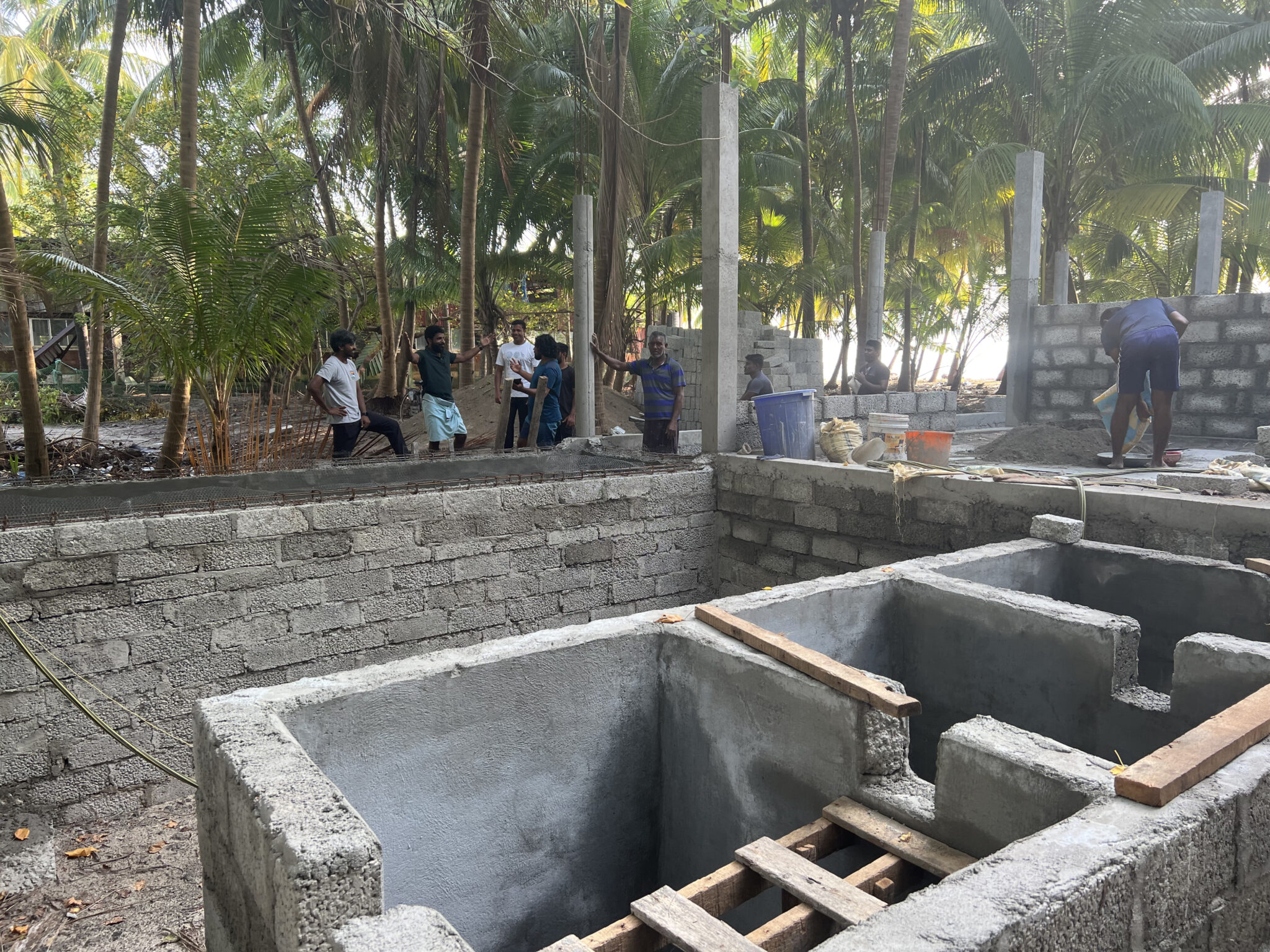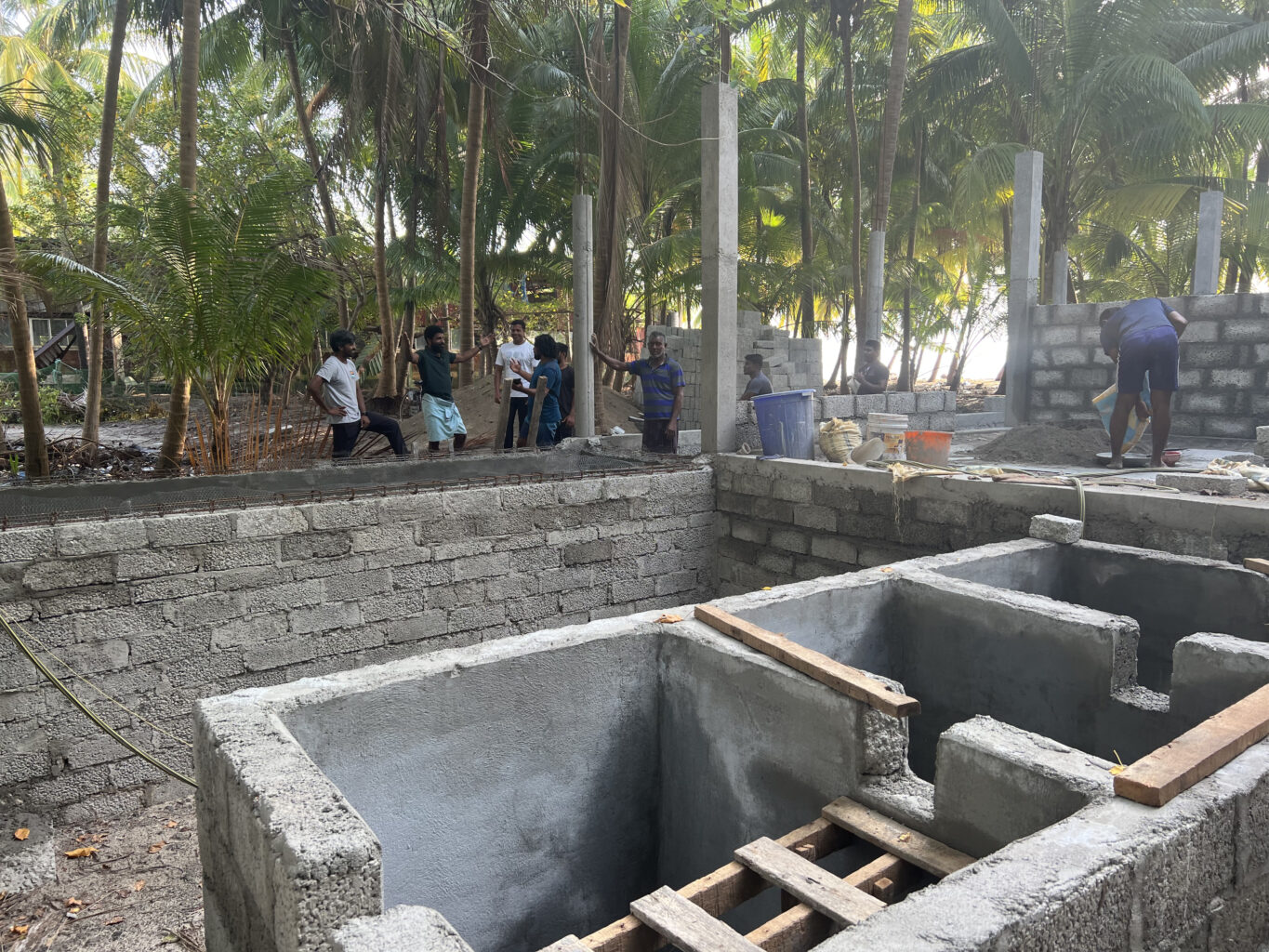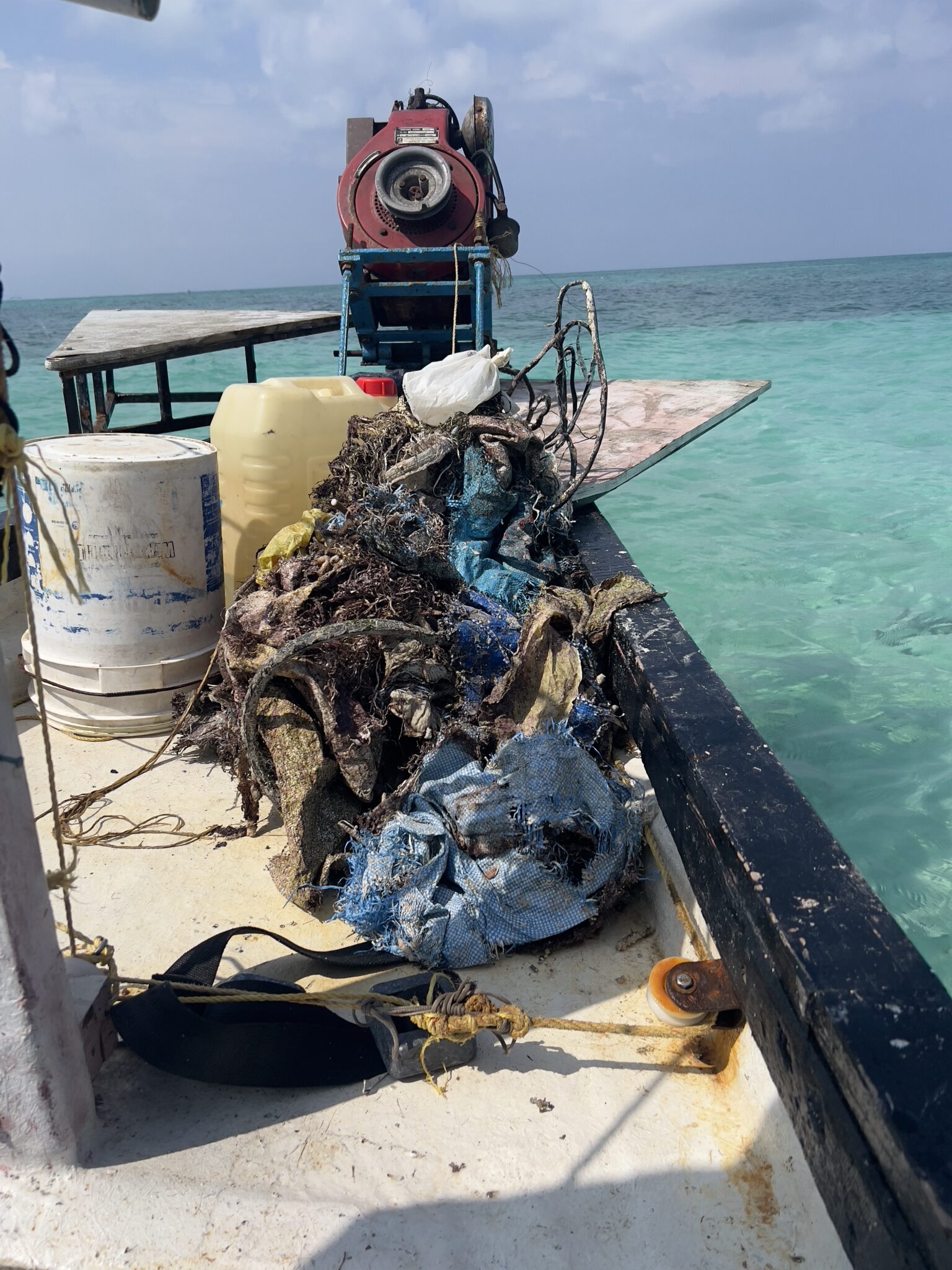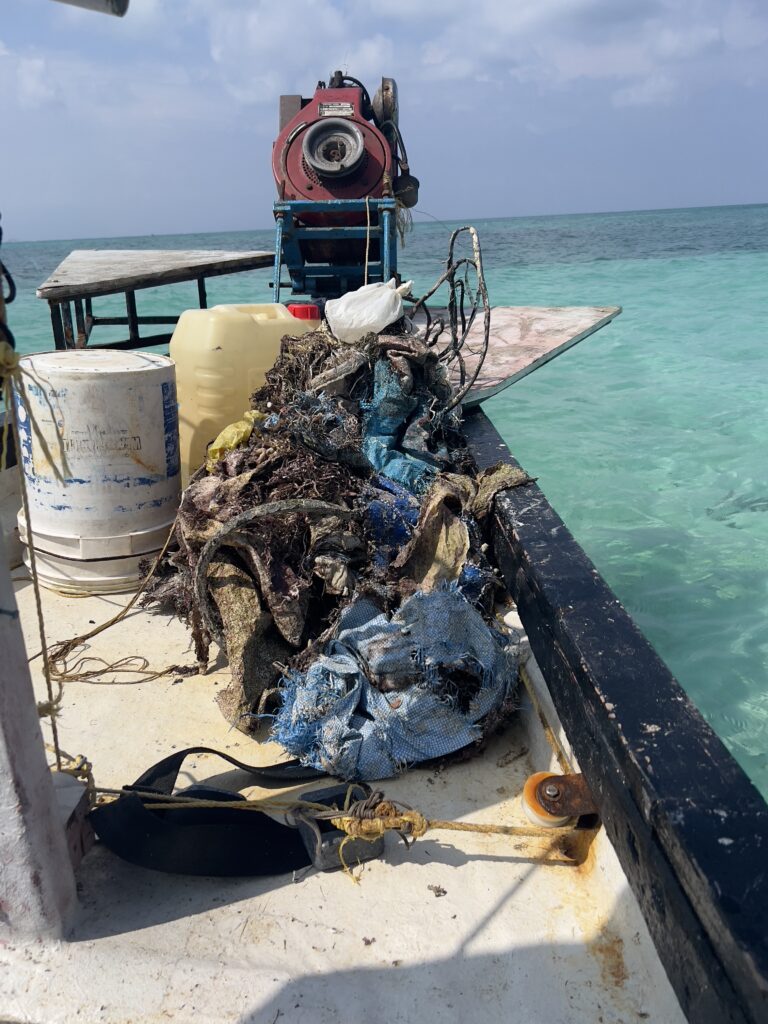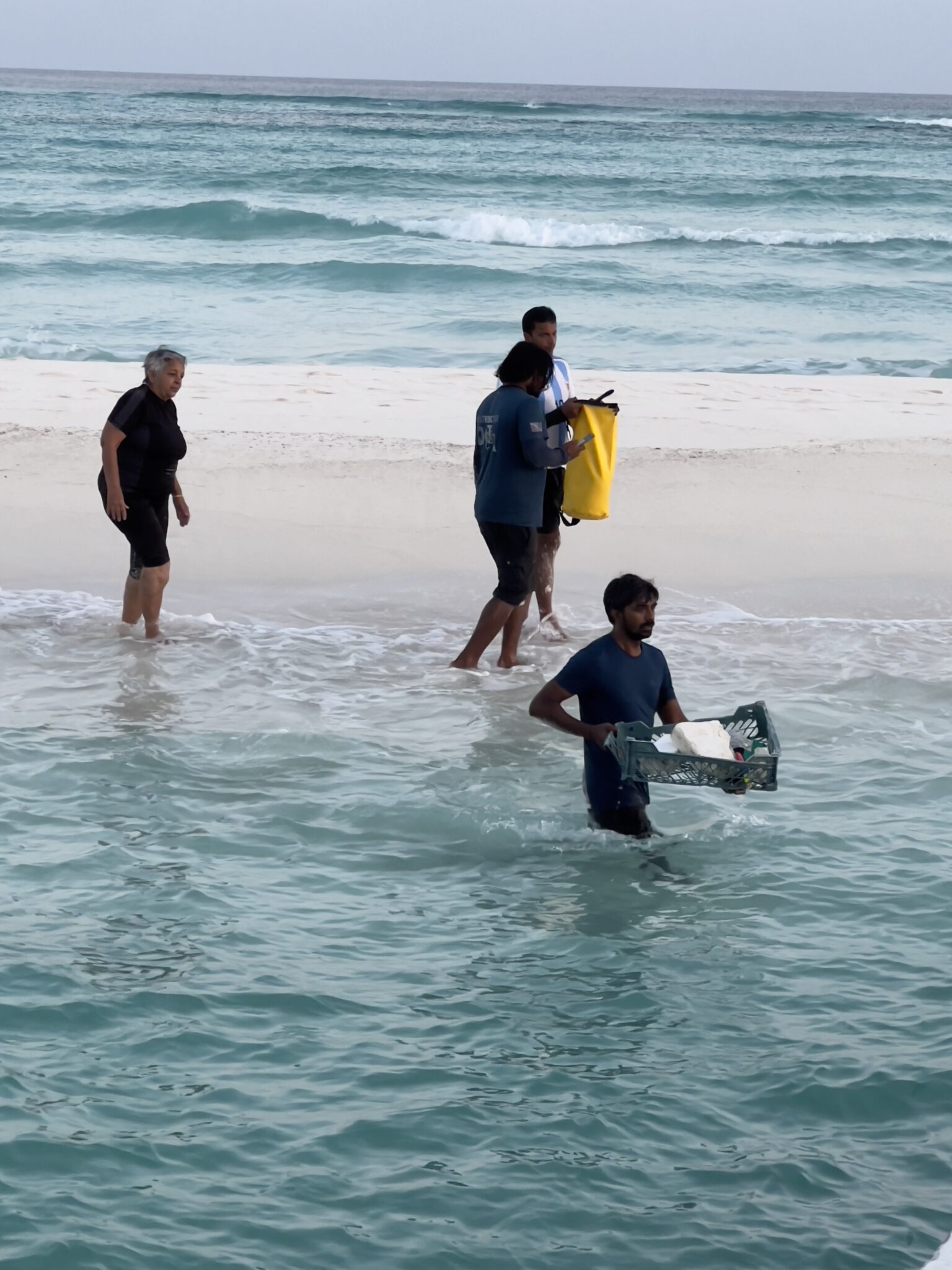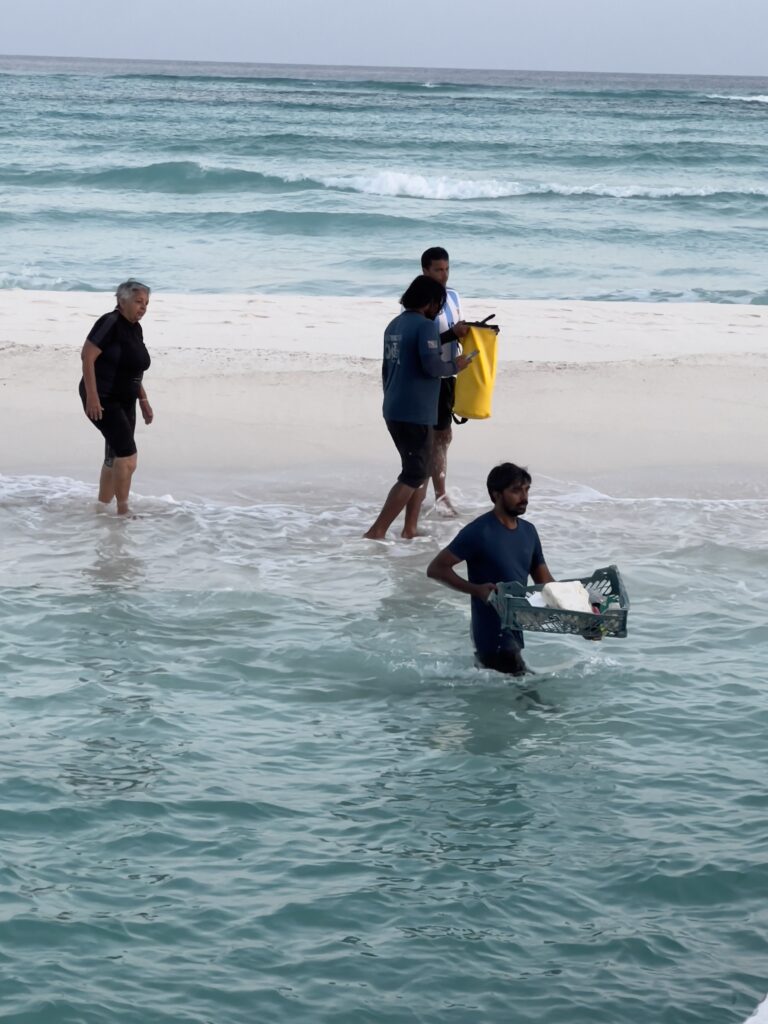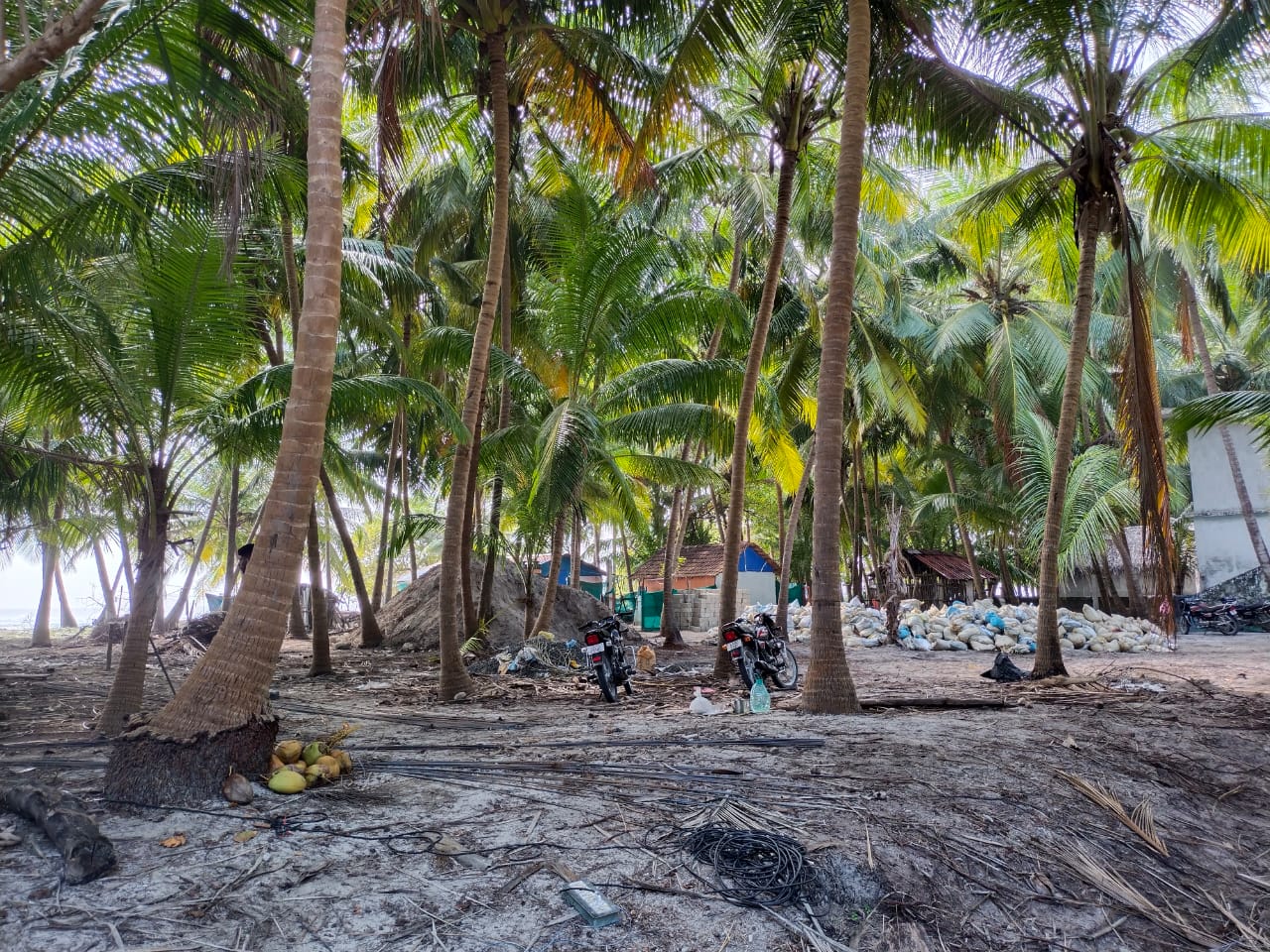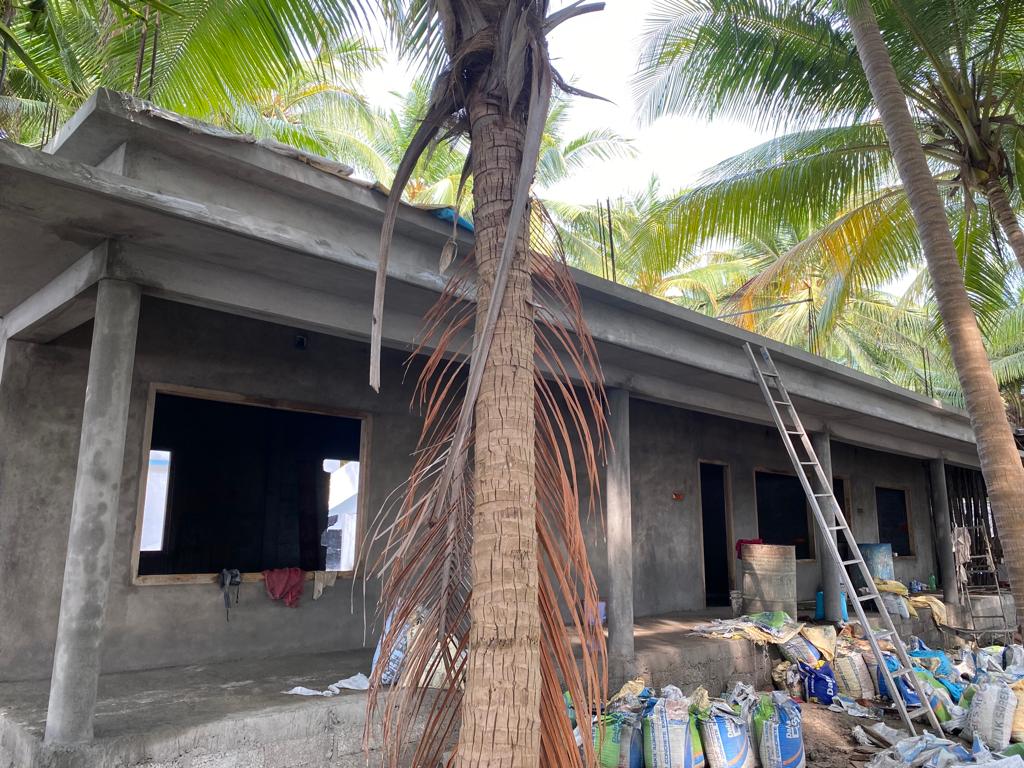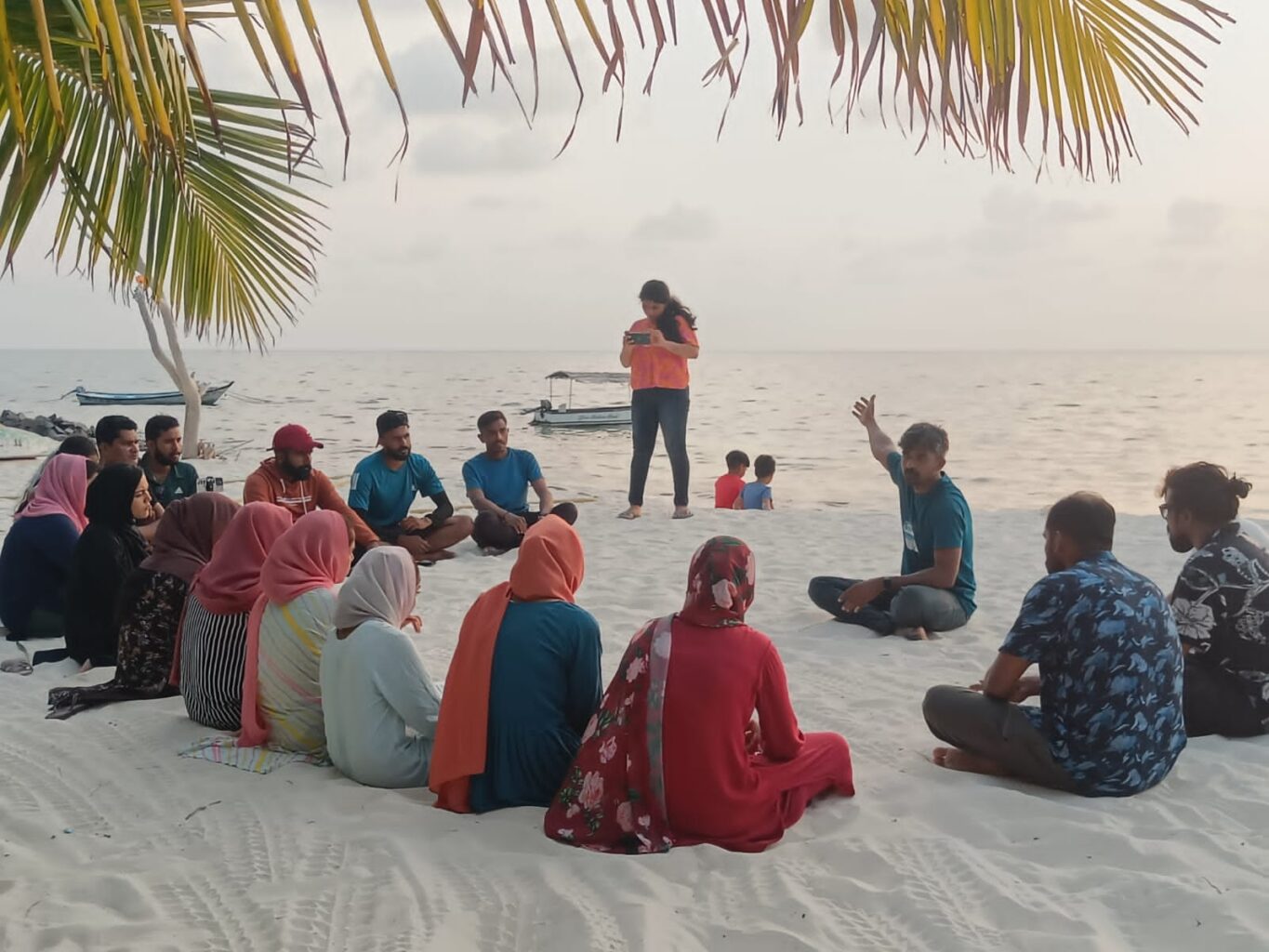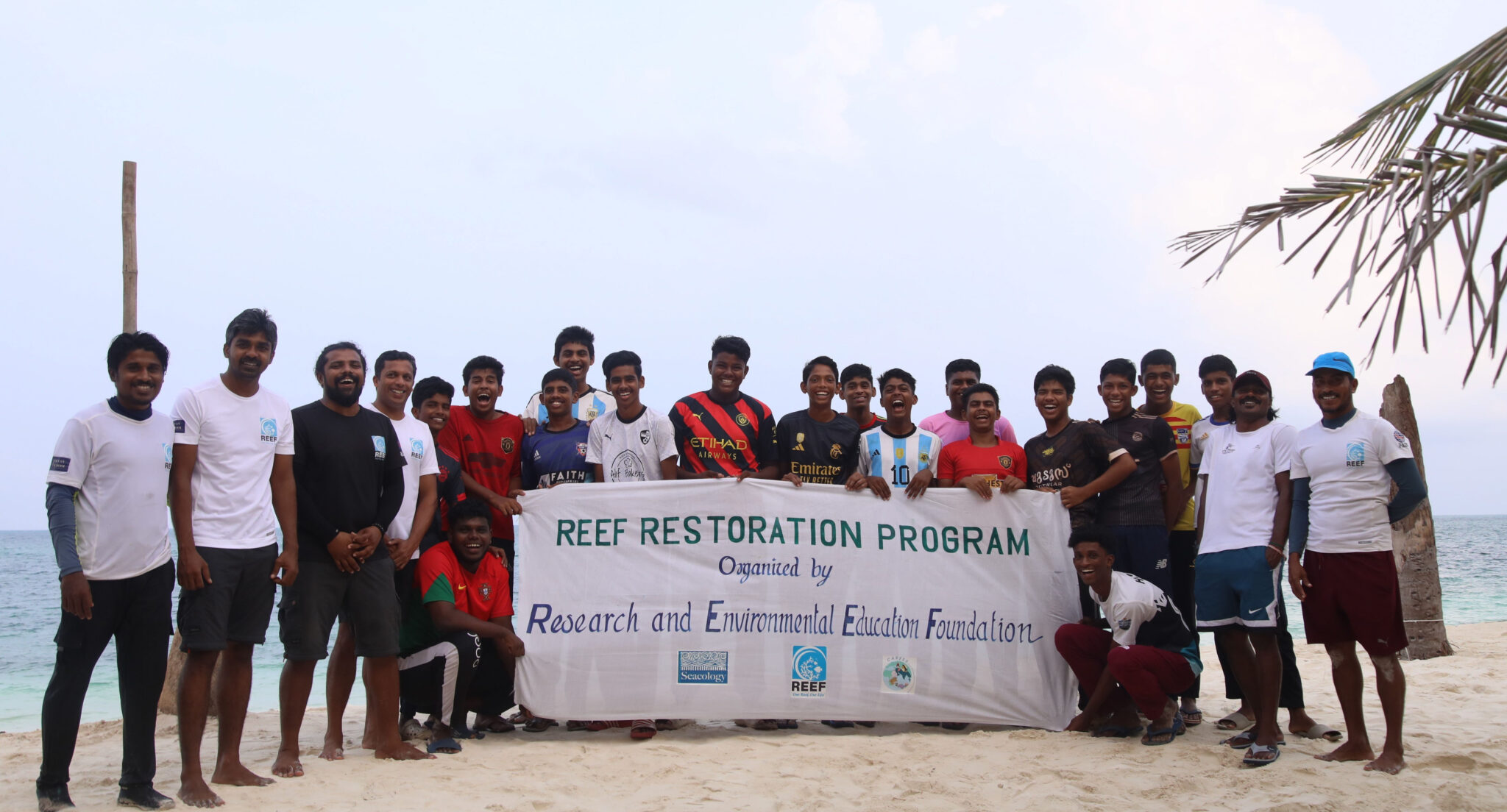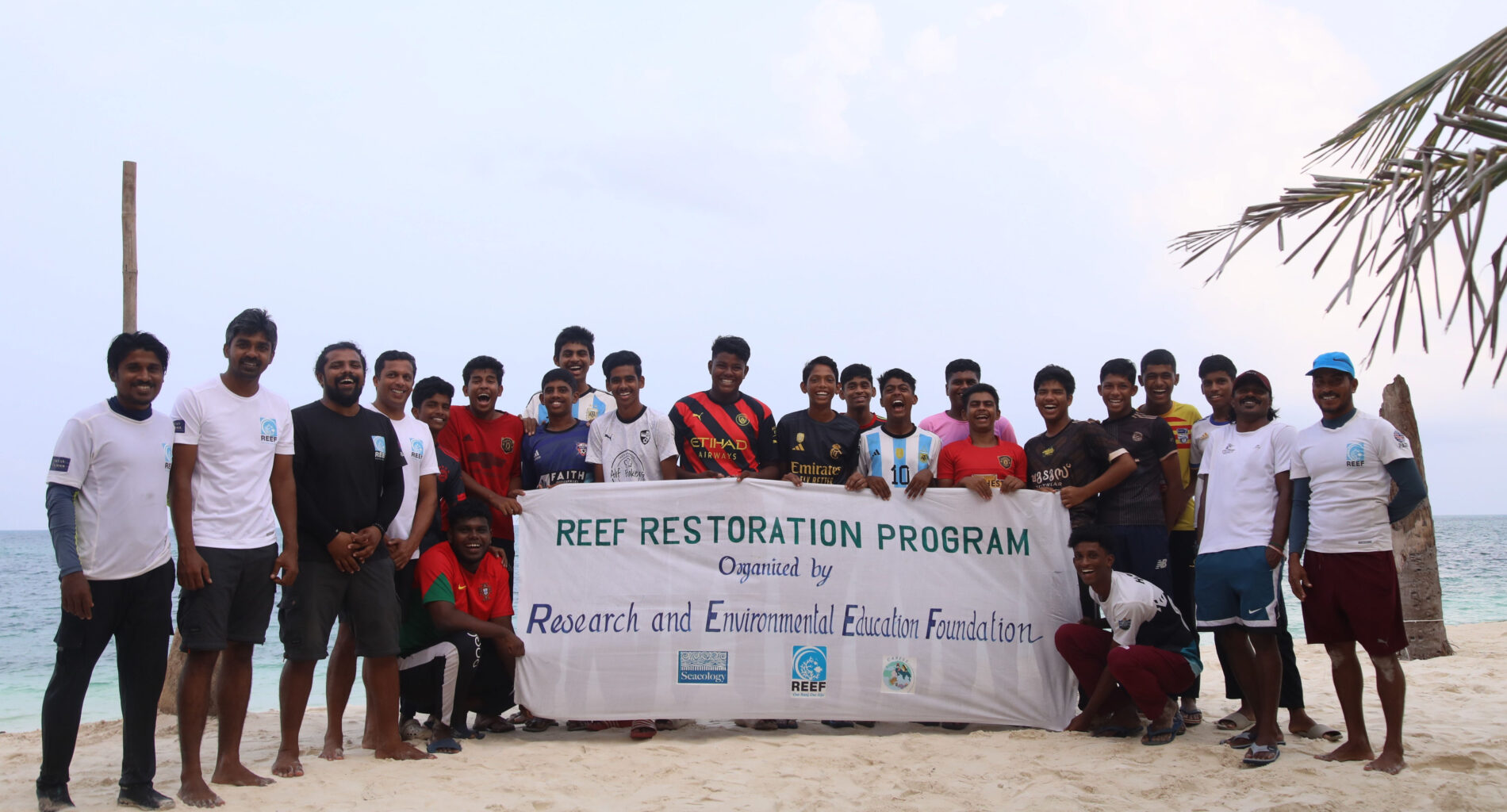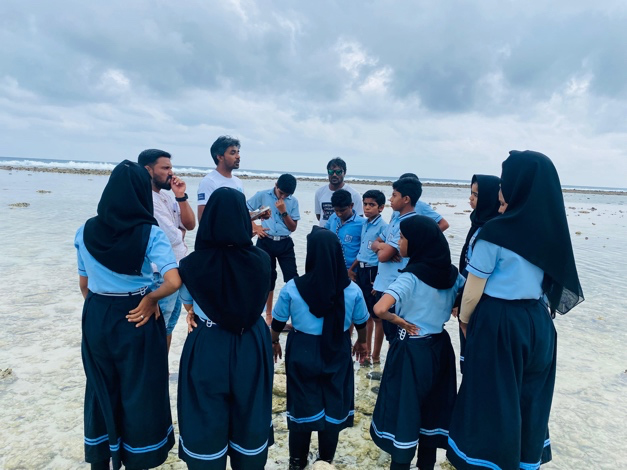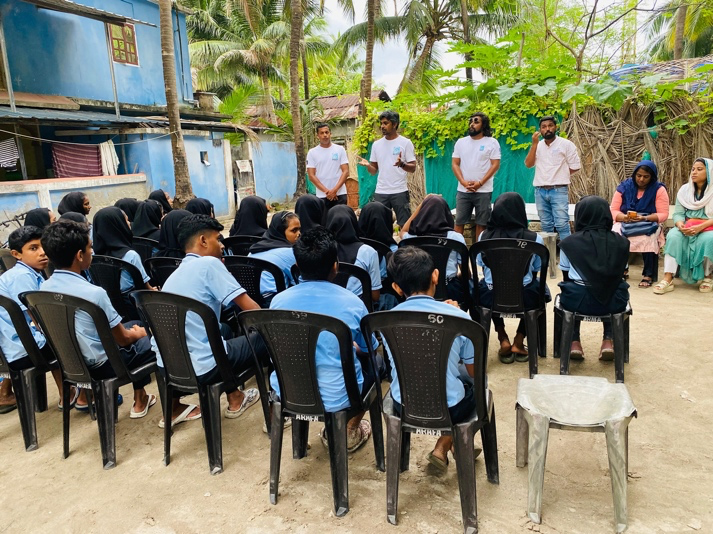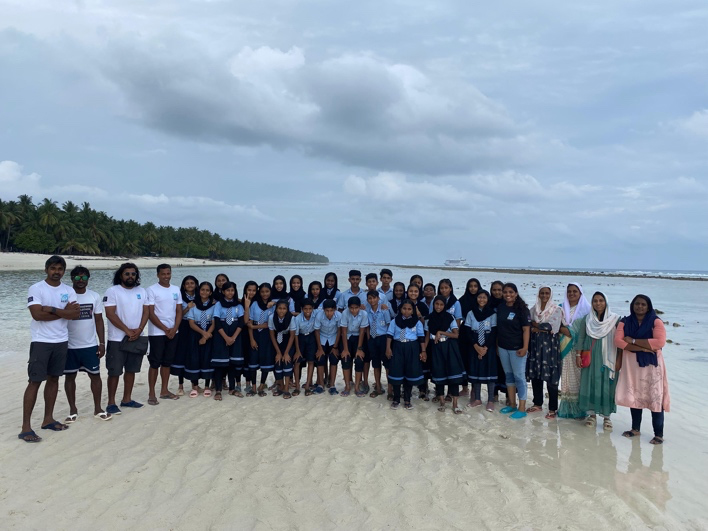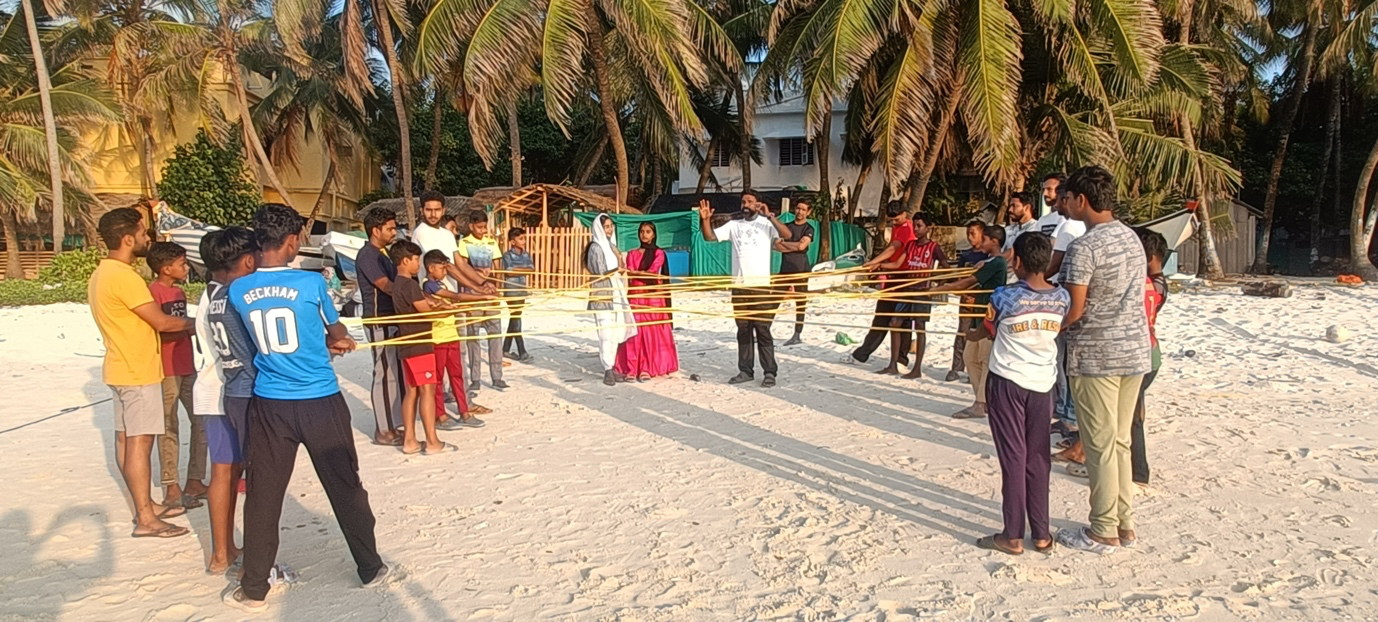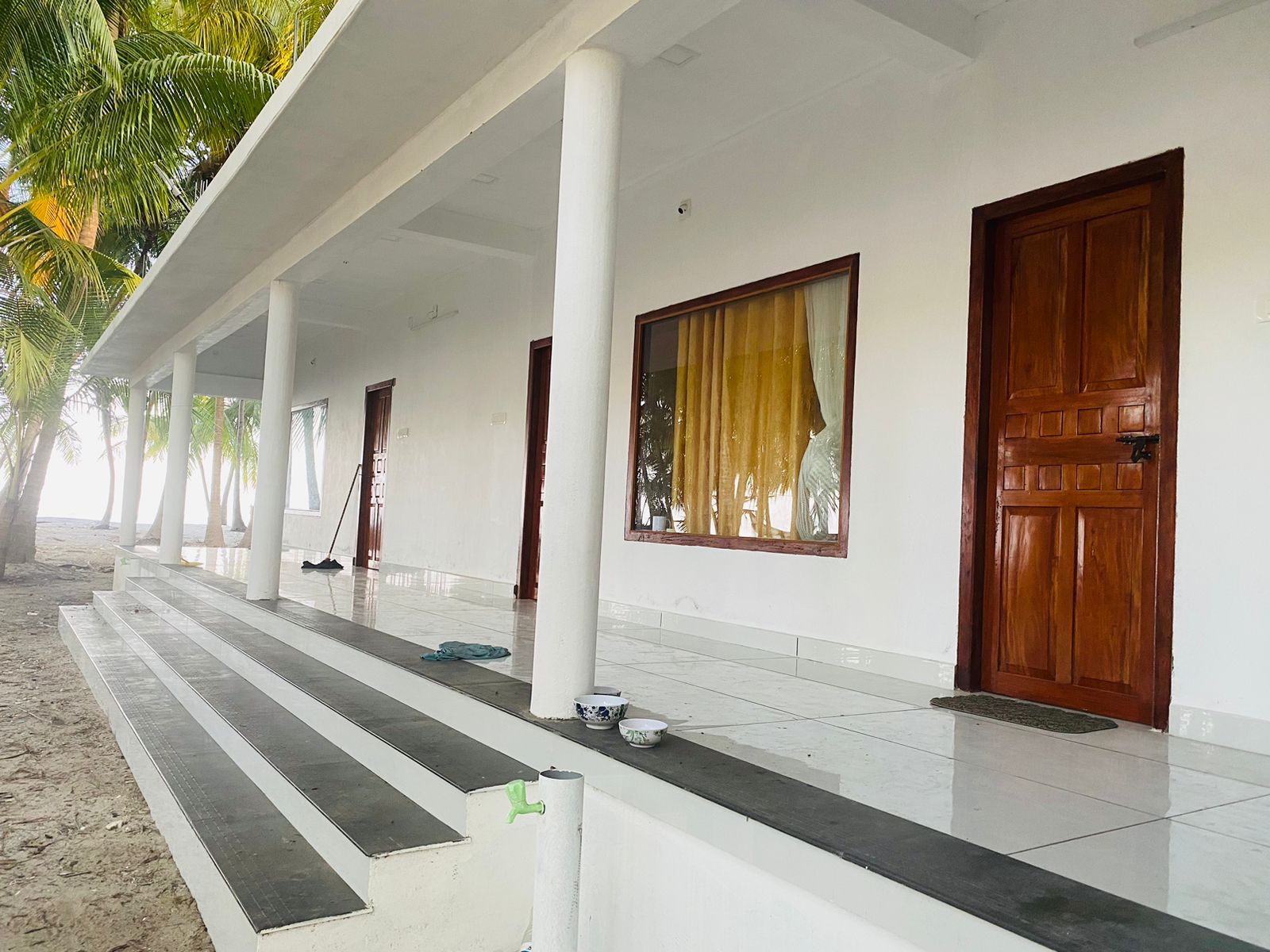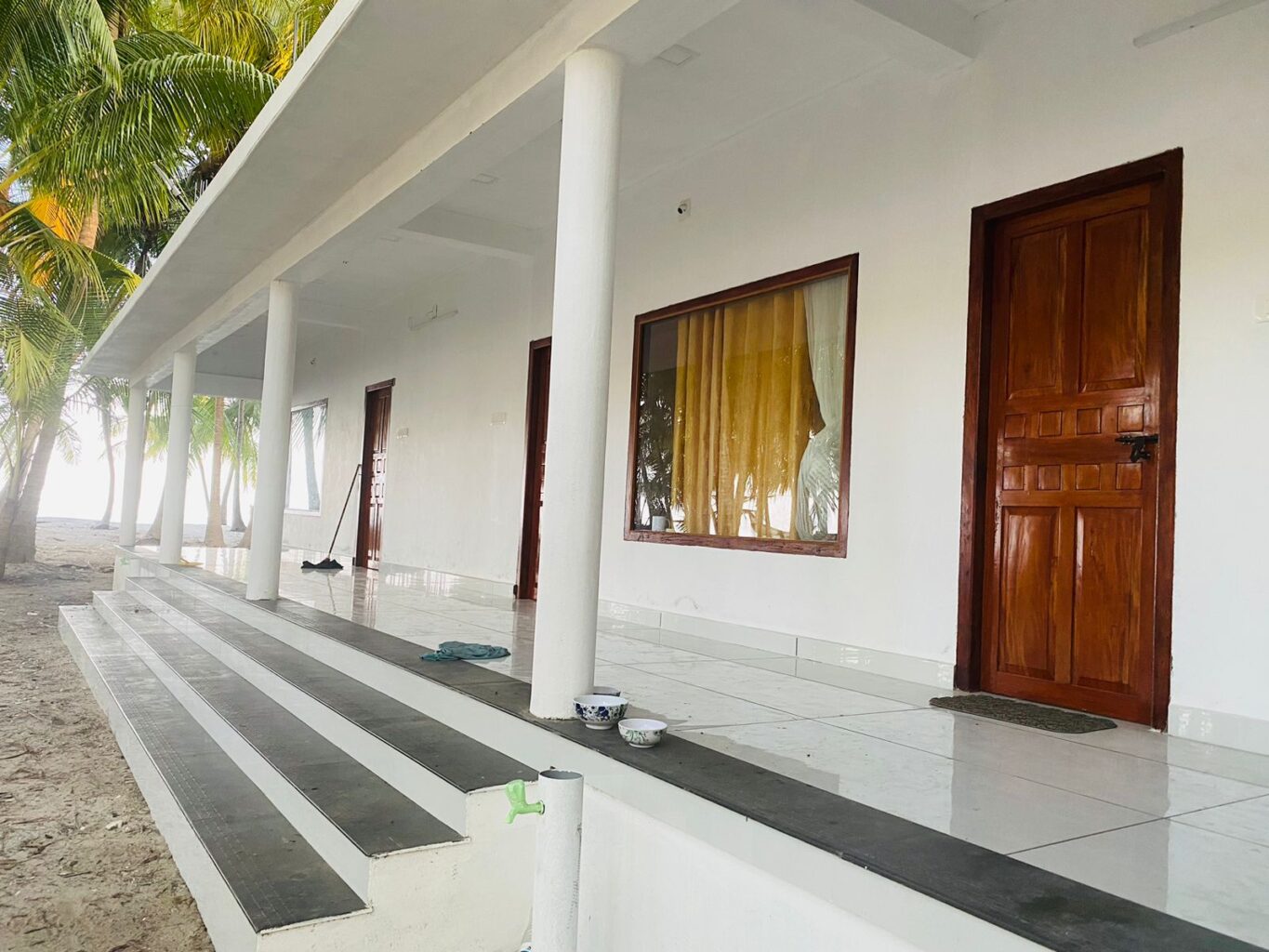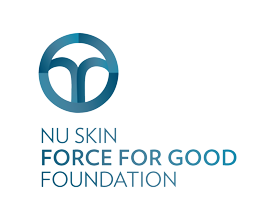The Lakshadweep Islands are coral islands, sprinkled over 8,000 acres of ocean off India’s west coast. Agatti Island sits in the center of the group. Unfortunately, its reefs have been badly damaged by major bleaching events. Careless boating (including dropping anchors), diving, fishing, and snorkeling can also damage the coral. Waste leaks from poorly maintained septic tanks are released directly into lagoons, damaging the reefs. Trash, especially plastic, directly injuries animals such as green and hawksbill sea turtles.
Agatti has a population of about 10,000, most of whom make a living by farming or fishing. The fishers catch valuable skipjack tuna with an ecofriendly pole-and-line method, which avoids bycatch. The community has informally created a 500-acre Locally Managed Marine Area, where fishing and other activities are restricted. Our nonprofit partner REEF (the Research and Environmental Education Foundation) and the community are asking the government to give it permanent legal protection.
REEF thinks a public education campaign is key to long-term support of conservation on the island. With Seacology support, they are launching a yearlong program, called “Our Reef, Our Life,” directed at students, teachers, and the public. It will use media, competitions, projects, and field trips to stress the crucial nature of the reef and the responsibility to protect it. Volunteers, including fishermen, will help with outreach. Regular beach clean-ups will help drive home the need to address waste problems before they do more damage to the reefs.
The centerpiece of the effort will be an environmental education center. It will be both a tangible, everyday reminder of environmental protection and a venue for conducting environmental education and outreach to local people and tourists. The building will also be used by youth clubs, women’s groups, and others, becoming a valuable resource for the community.


